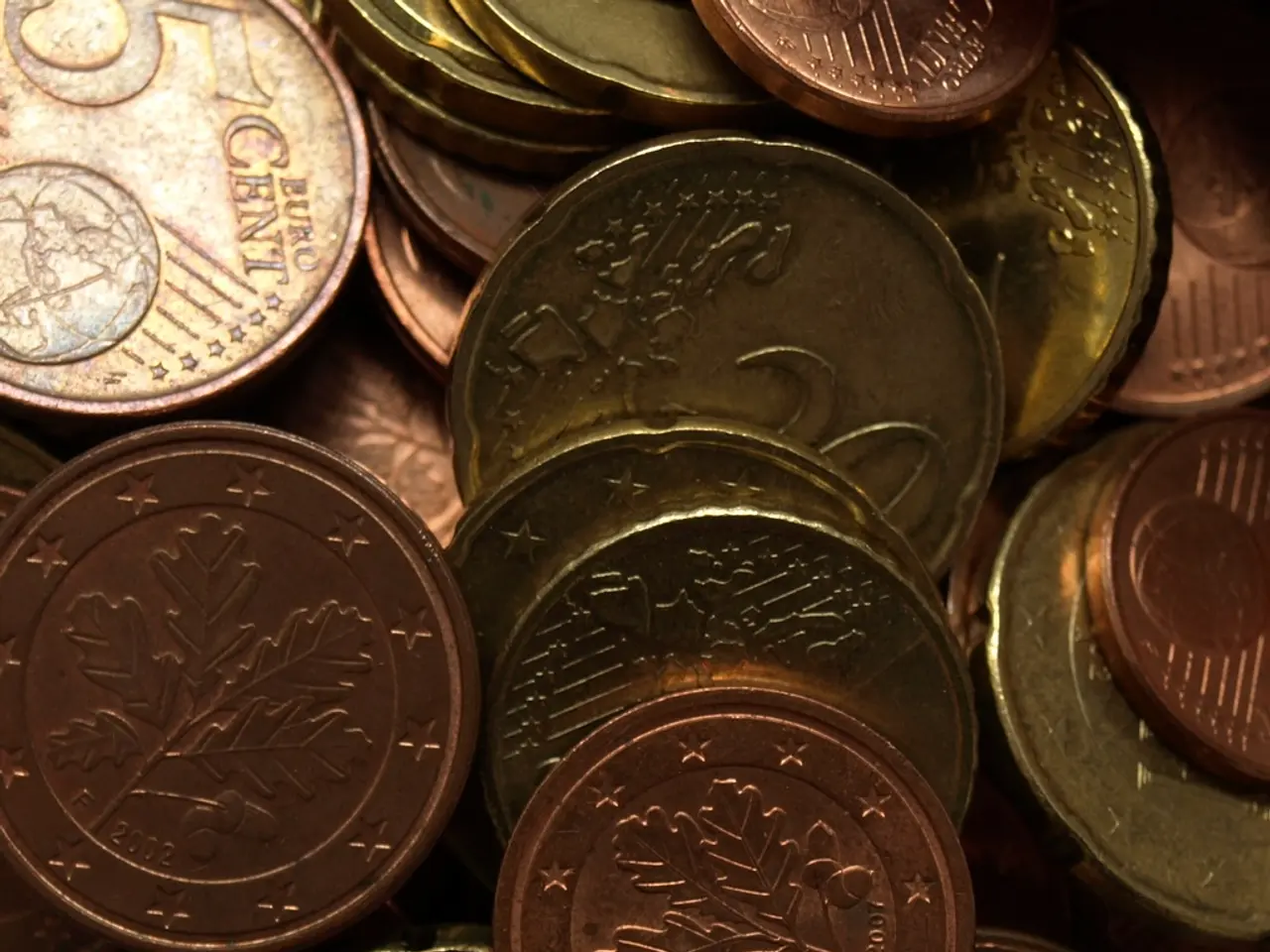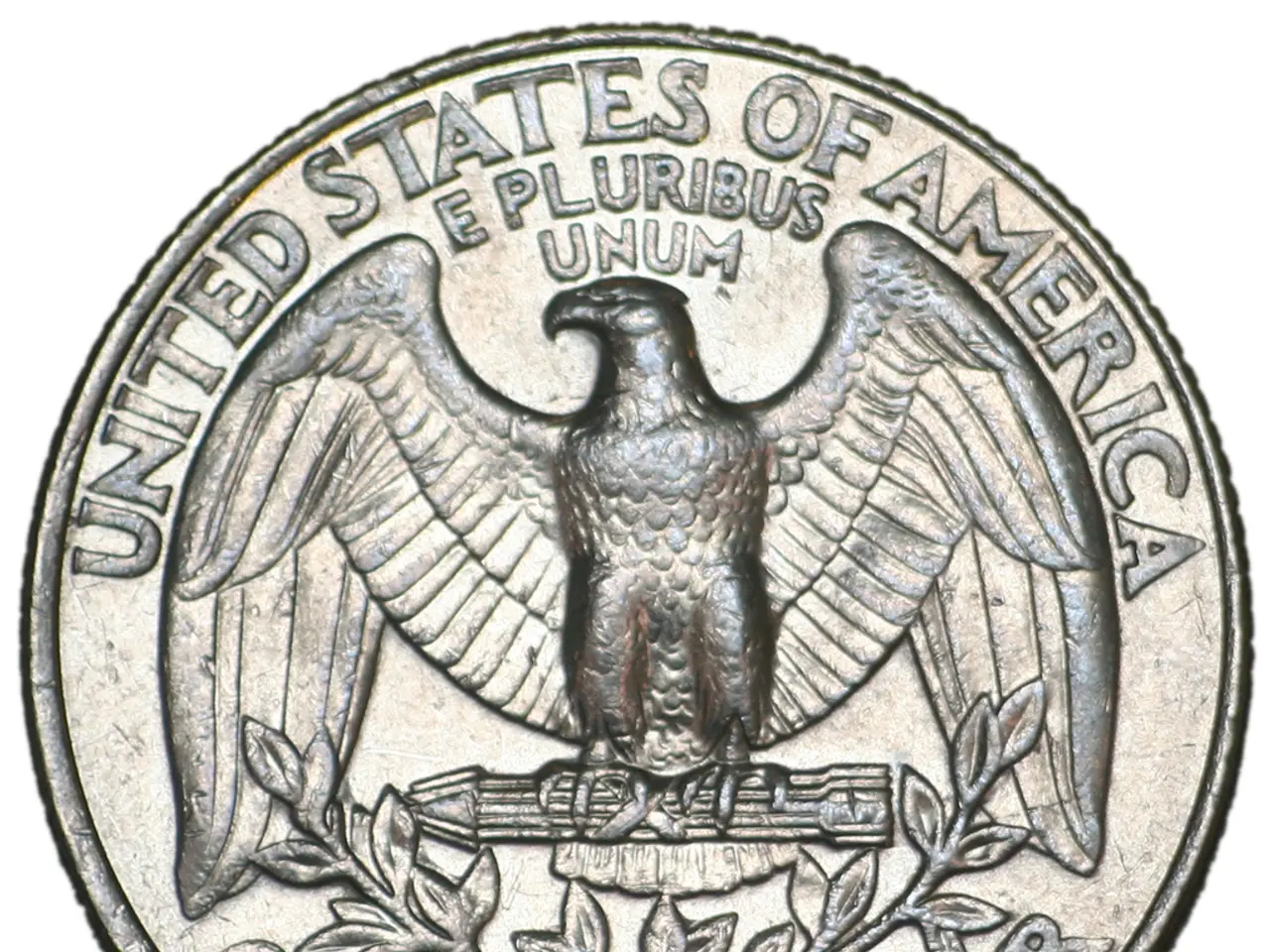Crypto Regulation Advancement Proposed in Ghana Amidst Growing Adoption
Ghana to Implement Cryptocurrency Regulatory Framework by September 2025
Ghana is set to formalize and regulate its rapidly growing cryptocurrency market by implementing a regulatory framework for cryptocurrency platforms. The Bank of Ghana plans to present this framework to Parliament by September 2025, requiring crypto exchanges and other Virtual Asset Service Providers (VASPs) to be licensed by the Bank of Ghana.
The regulatory framework aims to address the increasing adoption of cryptocurrency in Ghana. Currently, about 17% of the adult population, approximately 3 million people, use or own digital assets. In the period from July 2023 to June 2024, Ghana is expected to have $3 billion in cryptocurrency transactions.
Key details of the proposed regulatory framework include licensing requirements, consumer protection and transparency measures, anti-money laundering (AML) rules, legal backing, and economic and currency management.
Licensed firms will be required to maintain minimum capital requirements, secure users' funds, and implement transparency measures aimed at protecting investors and ensuring long-term market stability. The regulatory guidelines will also include measures to detect, report, and prevent suspicious and illicit transactions, aligning with global AML standards.
The regulatory framework is supported by a draft Virtual Asset Providers Act currently under parliamentary review, which will provide legal authority to enforce the rules. The draft Act aims to improve financial data collection related to digital assets, which will help the central bank better manage the Ghanaian cedi and address challenges such as inflation and currency volatility.
Ghana's move towards regulating cryptocurrency follows a shift from warnings against crypto usage. The government now acknowledges the high consumer interest and investment in this space, moving towards active regulation to harness its benefits and mitigate risks. This move aligns with trends in other African countries like Nigeria and South Africa, which are also formalizing crypto regulations to foster innovation while ensuring financial stability and security.
Del Titus Bawuah, CEO of Web3 Africa Group, suggests that mainstreaming cryptocurrency into African financial systems is beneficial for better monetary oversight. Craig Stoehr, general counsel at stablecoin platform Yellow Card, believes that cryptocurrency can boost intra-African trade by avoiding dollar liquidity issues.
Governor Johnson Asiama stated that Ghana is "late in the game" when it comes to regulating cryptocurrency and that it has implications for the local currency. The policy rate in Ghana is currently 28%, and the inflation rate was 13.7% in June, which is the highest it has been in 20 years. If Ghana's crypto bill is passed, it could position the country as a regulatory leader in West Africa, offering clearer rules, more investor protection, and improved financial data collection.
[1] Bawuah, D. (2023). Ghana to Regulate Cryptocurrency Market. Retrieved from https://web3africa.com/ghana-to-regulate-cryptocurrency-market/
[2] Johnson Asiama, G. (2023). Ghana's Cryptocurrency Regulation: A Necessary Step. Retrieved from https://www.ghanabusinessnews.com/2023/05/23/ghanas-cryptocurrency-regulation-a-necessary-step/
[3] Stoehr, C. (2023). Cryptocurrency and Intra-African Trade: Opportunities and Challenges. Retrieved from https://yellowcardfinance.com/blog/cryptocurrency-and-intra-african-trade-opportunities-and-challenges/
[4] Bank of Ghana (2023). Virtual Asset Providers Act. Retrieved from https://www.bankofghana.org/virtual-asset-providers-act/
The implementation of Ghana's cryptocurrency regulatory framework is expected to impact various sectors, including business, technology, finance, and industry. Upon passing the crypto bill, Ghana may position itself as a regulatory leader in West Africa, encouraging investment and technological advancement in the cryptocurrency market. By improving financial data collection related to digital assets, Ghana could foster innovation while ensuring financial stability and security in its economy.




